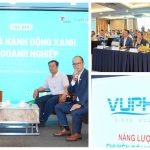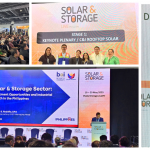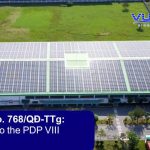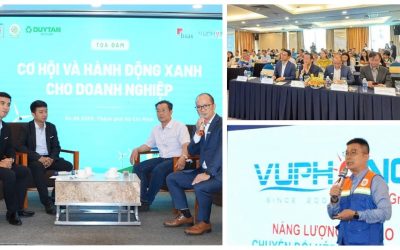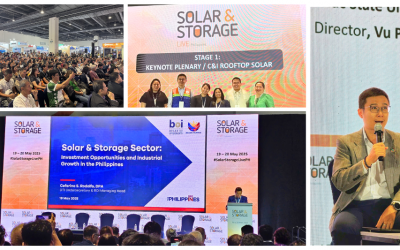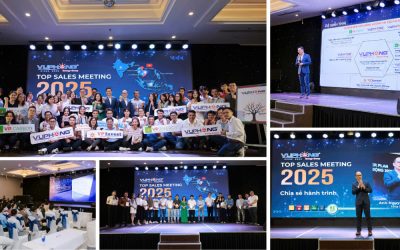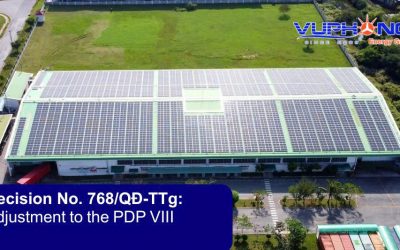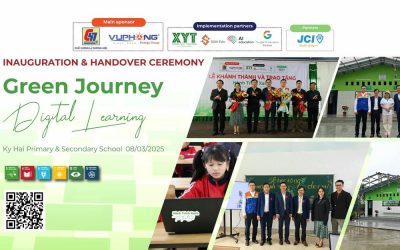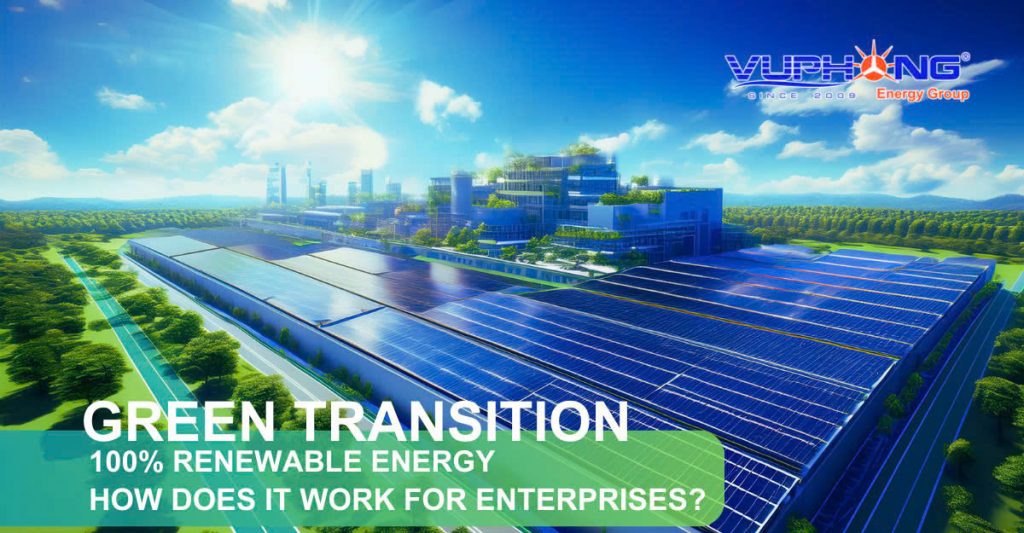
In the context of globalization and increasing pressure for sustainable development, transitioning to 100% renewable energy has become an essential goal for manufacturing businesses. But the question is: How should businesses implement this to achieve the goal?
The Benefits of 100% Renewable Energy
Switching to renewable energy not only helps businesses minimize negative environmental impacts but also offers economic benefits. One key benefit is long-term cost savings with solar power systems. Specifically, companies can save 15-25% on electricity costs through solar energy systems.
Nations are striving to fulfil their green commitments to reduce greenhouse gas emissions, issuing stringent policies and regulations on carbon emissions and renewable energy use. For example, the European Union has targeted cutting at least 55% of emissions by 2030 with the “Fit for 55” initiative. This has led to requirements for businesses to implement emission reduction activities, with the Carbon Border Adjustment Mechanism (CBAM) applied to suppliers importing goods into the EU market.
Moreover, committing to 100% renewable energy enhances a business’s brand image, attracting environmentally conscious customers and partners. Apple, for instance, achieved 100% renewable energy usage across all its global facilities, significantly boosting its brand credibility among customers and investors.
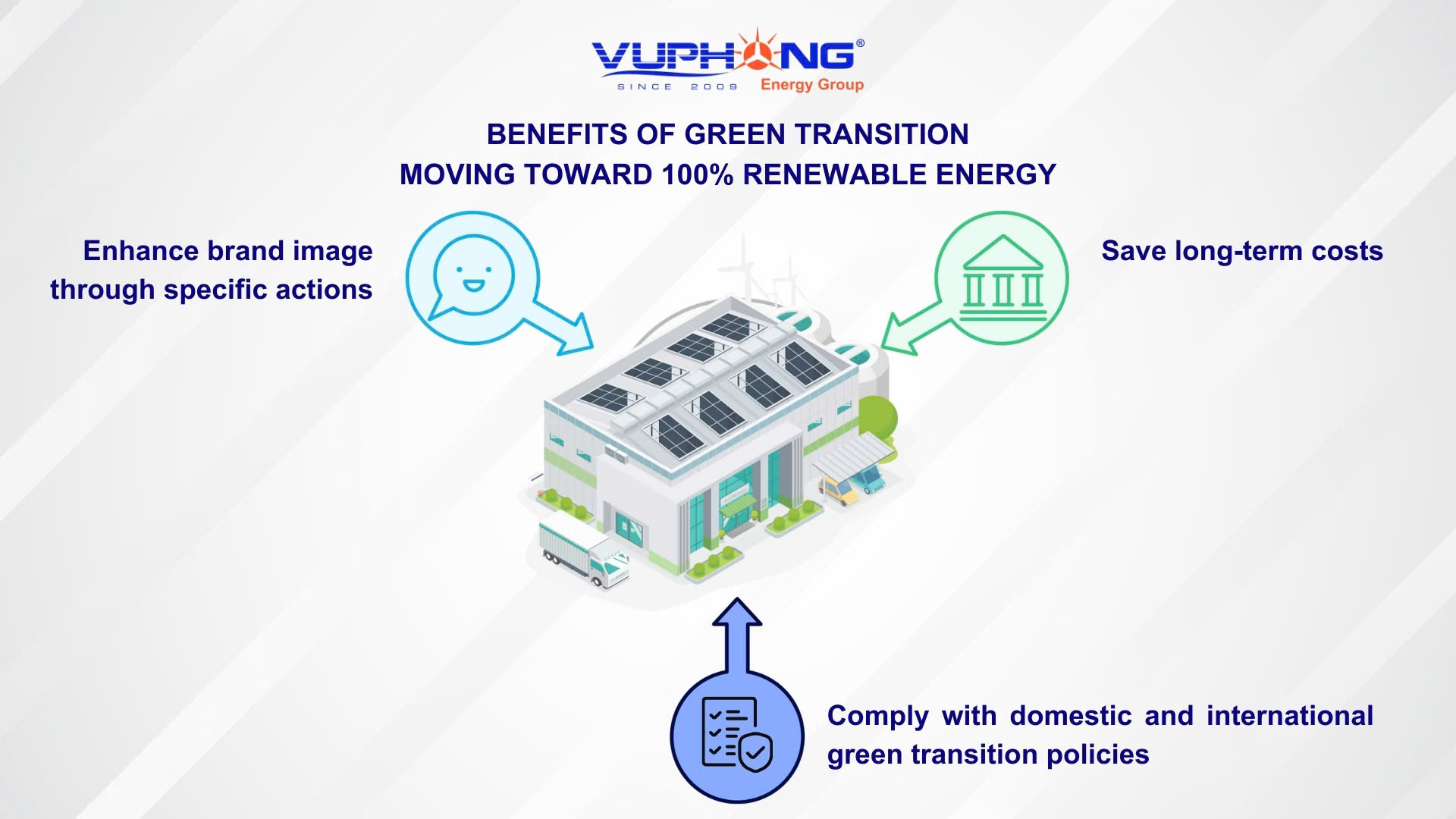 Benefits when businesses transform green
Benefits when businesses transform green
Challenges in Transitioning to 100% Renewable Energy
While there are many benefits, transitioning entirely to renewable energy is not easy and requires careful consideration of several factors:
High Initial Investment Costs: One of the biggest barriers is the upfront capital required for renewable energy systems. Businesses need significant funds to install solar panels or energy storage solutions. Depending on location, sunshine hours, and equipment, a 1MWp system can take 5-7 years to break even. This presents a major challenge for manufacturing companies transitioning to green energy.
Complex Procedures: Lengthy processes related to grid connection, safety standards, and fire prevention and control have yet to be standardized, which extends project timelines and makes it difficult for businesses to comply with renewable energy regulations.
Lack of Specialized Personnel: A significant challenge for businesses investing in solar energy is the need for in-house expertise, especially in operating and maintaining the systems. Solar energy systems require skilled technical staff with experience managing and maintaining renewable energy systems. However, finding and training personnel with the necessary knowledge and skills remains a major obstacle for many companies, particularly those for whom solar energy is not a core area of expertise.
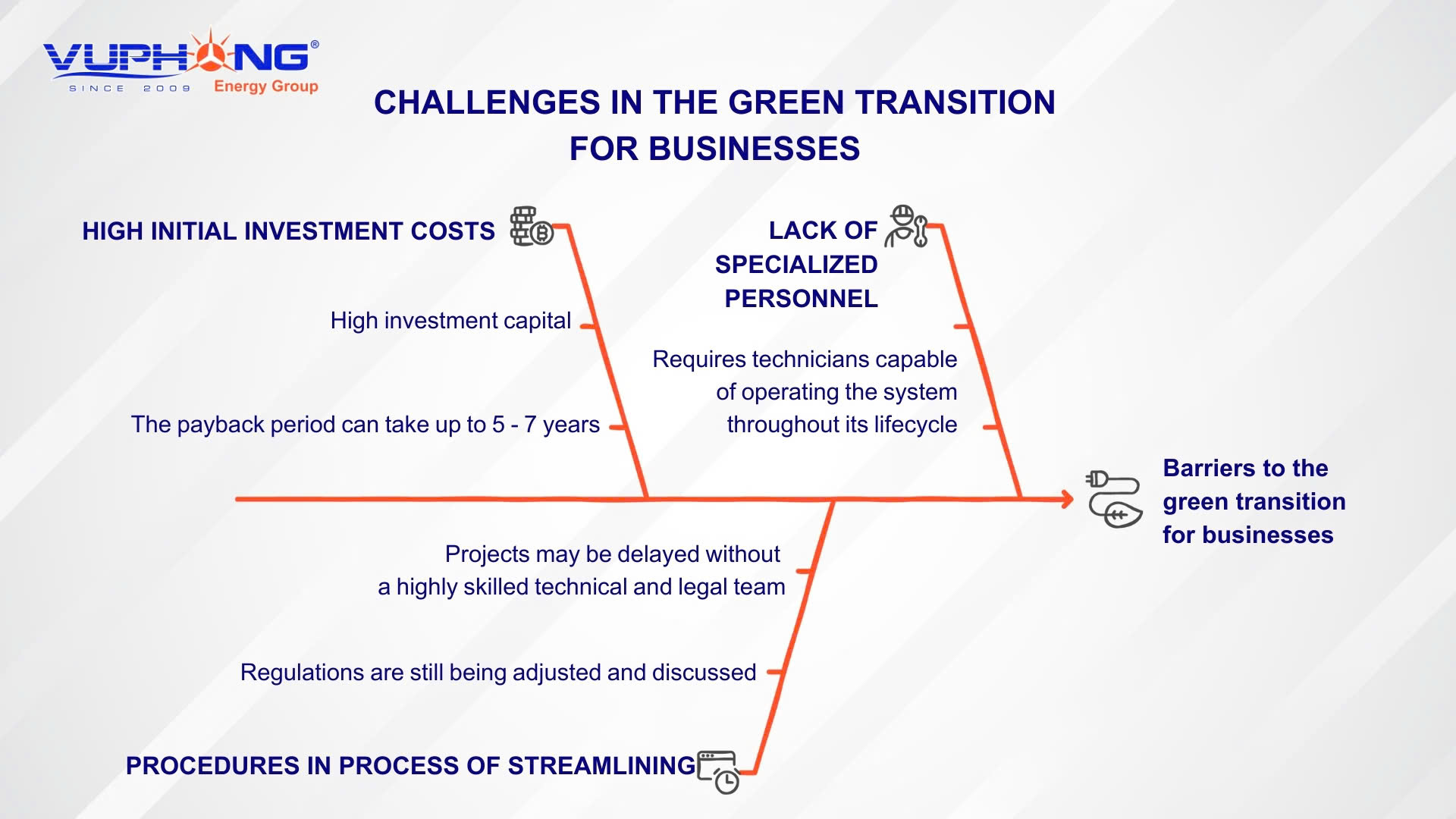 Challenges as businesses move towards 100% renewable energy
Challenges as businesses move towards 100% renewable energy
Moving Towards 100% Renewable Energy with Flexible PPA Models and I-REC
Given the abovementioned benefits, the green transition is essential for manufacturing companies. However, the challenges prevent many businesses from making strong progress. Vu Phong Energy Group, along with our ecosystem of member companies, is partnering with businesses on this journey through long-term partnerships using flexible PPA (Power Purchase Agreement) models and I-REC (International Renewable Energy Certificate) trading to help businesses overcome challenges and achieve the goal of 100% renewable energy.
PPA Cooperation Model: This allows businesses to use high-quality rooftop solar power systems without investing upfront. This helps solve cash flow challenges for businesses, as they only need to pay for solar energy at a rate lower than EVN (Vietnam Electricity). This stabilises energy costs and reduces the risk of market price fluctuations. Many major businesses in Vietnam, such as Vinamilk, Kem Nghia/Nghia Nippers Corporation, and Duy Tan Plastics, are already partnering with Vu Phong Energy Group under this model to transition to green energy and work towards 100% renewable energy usage.
This model also enables businesses to easily access renewable energy without directly investing in infrastructure. Additionally, with the PPA model, Vu Phong Energy Group will be a long-term partner for businesses, ensuring that the system consistently operates at optimal efficiency while addressing challenges related to the operation and maintenance of rooftop solar power systems.
I-REC Trading: After factories have implemented activities to reduce greenhouse gas emissions, such as developing rooftop solar systems through the PPA model, any remaining energy consumption from the national grid can be offset through the trading of I-RECs (an Energy Attribute Certificate) recognized by many international organizations
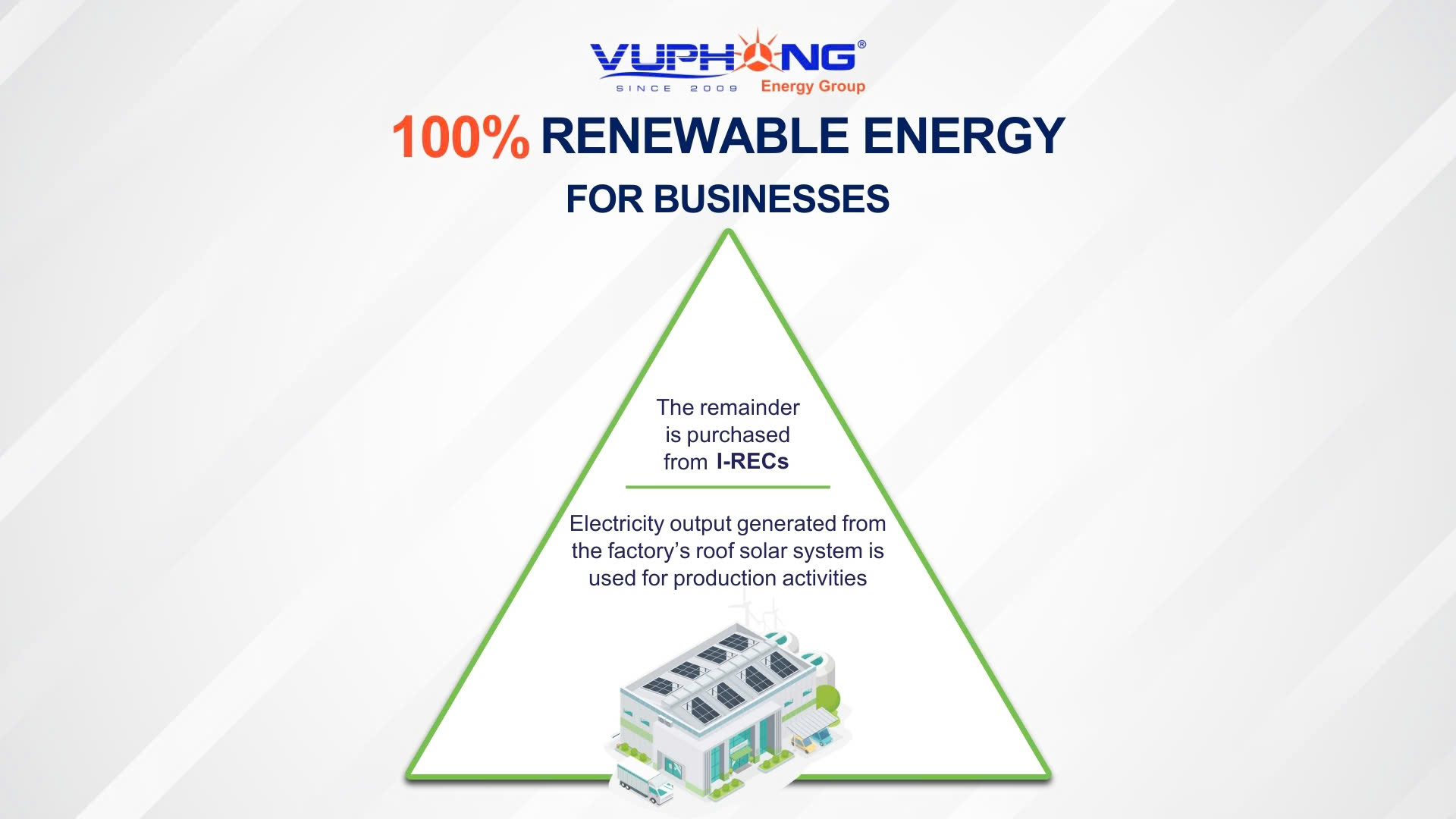 The combined solution towards 100% renewable energy of Vu Phong Energy Group
The combined solution towards 100% renewable energy of Vu Phong Energy Group
Cooperation with Vu Phong Energy Group and VP Carbon
Vu Phong Energy Group and VP Carbon are reliable partners in helping businesses transition to renewable energy. With extensive experience in providing renewable energy solutions and I-REC trading, Vu Phong Energy Group supports businesses in deploying renewable energy systems and helps them maximize financial and energy certificate benefits.
Additionally, the RE100.vn platform, developed by Vu Phong Energy Group, serves as a valuable resource for businesses committed to the green transition and aiming for 100% renewable energy use.
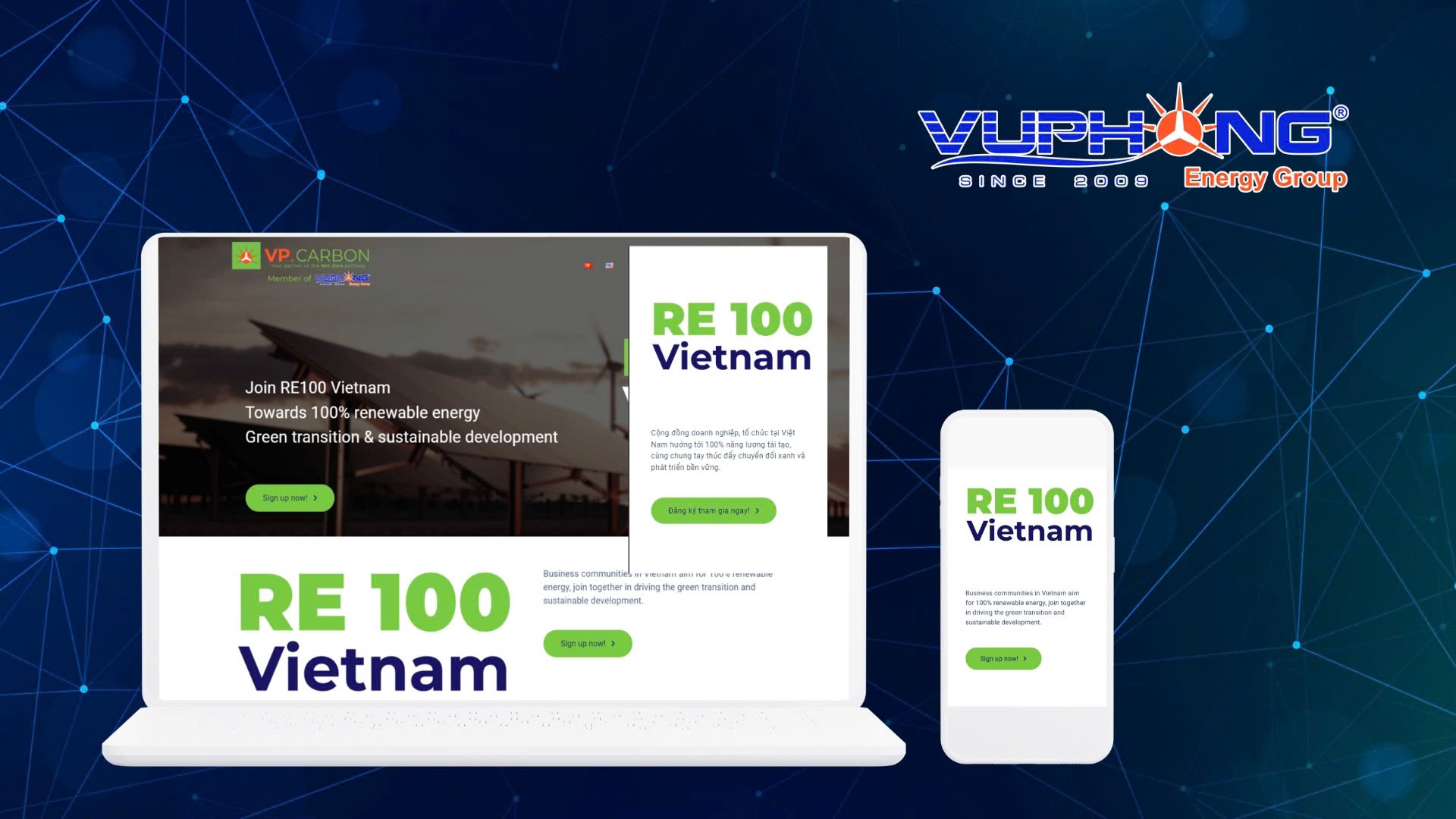 The platform allows businesses to unite and commit to the goal of achieving 100% renewable energy alongside Vu Phong Energy Group and VP Carbon
The platform allows businesses to unite and commit to the goal of achieving 100% renewable energy alongside Vu Phong Energy Group and VP Carbon
Transitioning to 100% renewable energy is a challenging journey, but with thorough preparation and strong partnerships with trusted partners like Vu Phong Energy Group and VP Carbon, businesses can turn challenges into opportunities. This is not only a necessary step to meet legal and societal requirements but also a long-term strategy to enhance competitiveness and achieve sustainable growth in the future.
